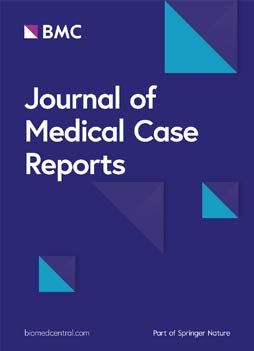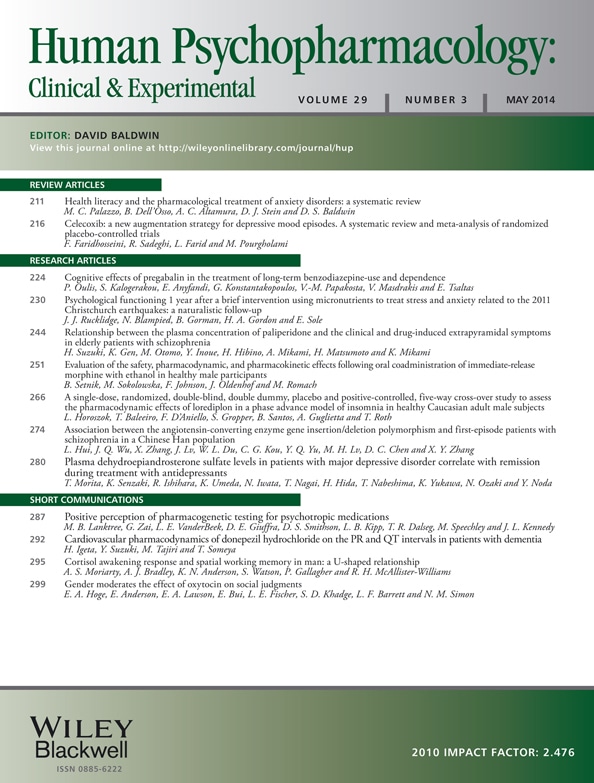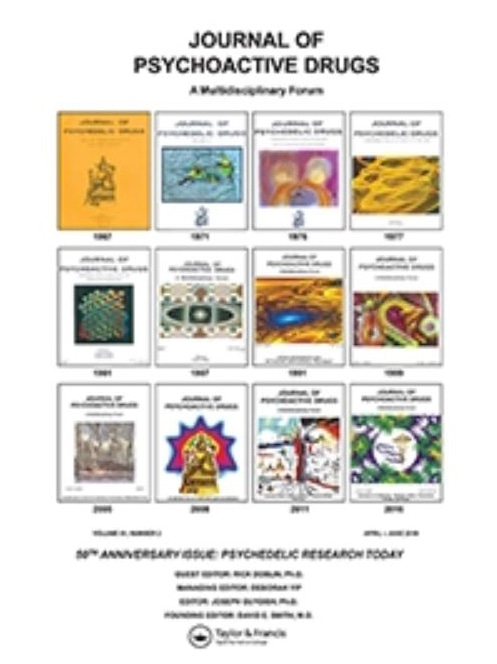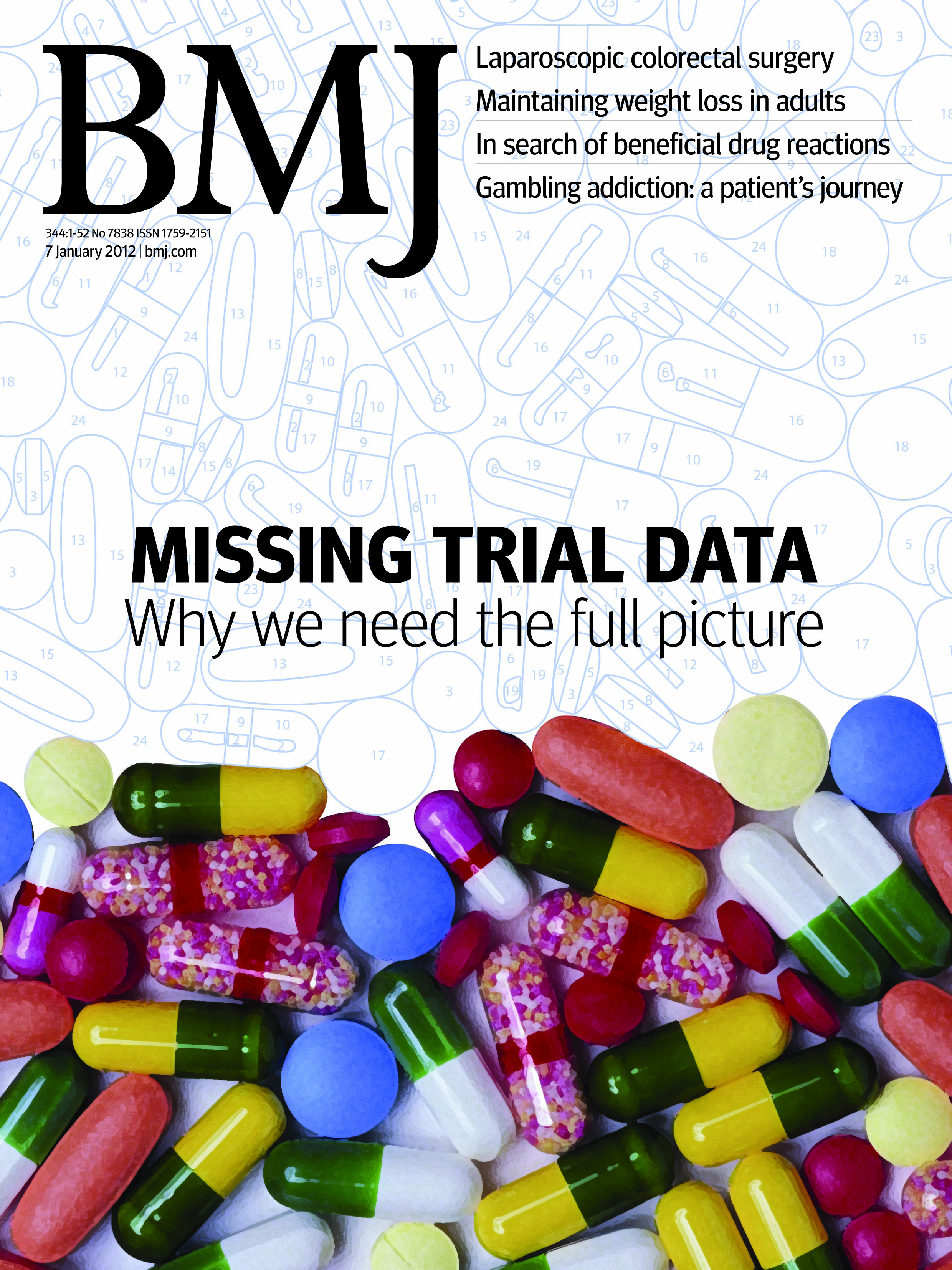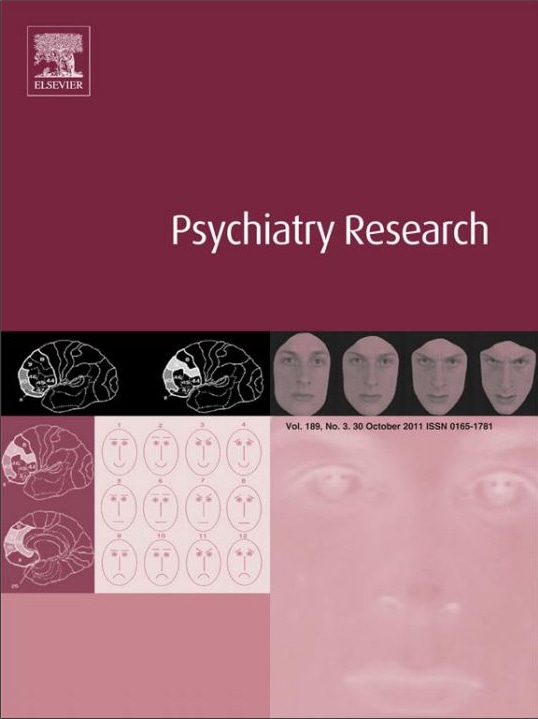What is Anxiety?
People face anxiety-causing situations on a regular basis. Expectations at school, work, home, relationships and more can be particularly troubling.
But its different with an anxiety disorder. You're not just nervous. Your feelings remain. In fact, the anxiety can get worse and can negatively affect your overall health.
The below categories summarize the most common forms of anxiety:
It's perfectly natural to worry about your health, finances, work or family issues.
But when you have GAD, you're really worried about areas, and more, even when you have little or no reason to worry. In fact, you feel anxiety most of the time, believing projects or tasks will fail. Sometimes, these worries can even prevent you from just initiating tasks.
GAD often starts slowly, usually emerging when you're a teenager or young adult. Sometimes you'll feel better, sometimes not. You usually feel worse when you're stressed.
If you think you have GAD, consult a medical professional. It may take several visits before they firm up a diagnosis.
Symptoms include:
- Inability to relax
- Easily startled
- Trouble concentrating
- Insomnia
- Tiredness
- Headaches
- Tension
- Trouble swallowing
- Trembling
- Twitching
- Irritability
- Sweating
- Nausea
- Lightheadedness
- Frequent urination
- Breathlessness
- Hot flashes
A typical diagnosis for GAD involves having these (and other) behaviors for at least six months.
GAD develops slowly, often emerging in your teen or young adult years. Symptoms may improve or worsen at different times. Stress often aggravates the condition. When anxieties are mild, a GAD sufferer can function normally, and can even hold a job. When it's severe, even the simplest tasks are a struggle.
GAD sufferers may require several trips to the doctor before they discover they have GAD. Often, patients ask for help with a GAD symptom, and not the overall disorder. This is why many don't immediately receive the right kind of help.
If you think you have GAD, talk to your doctor about your symptoms. Get an exam to see if GAD is the true cause of your symptoms. Then see a mental health specialist, if recommended.
You leave the house, locking the front door behind you. Then you wonder: Did you turn the oven off? Or the iron?
It's perfectly natural to want to double check something. Everyone double checks things sometimes. But Obsessive-Compulsive Disorder (OCD), you feel this overwhelming desire to check things all the time. You may even have a routine or ritual you go through. These thoughts or rituals, when tied to OCD, can inhibit your ability to lead a meaningful life.
When you have OCD, you:
- Have reoccurring thoughts or fears regarding a variety of things, like diseases, dirt, violent or sexual people or behaviors, religious conflicts, neatness, safety/security, social embarrassment or are preoccupied with regularity, evenness, uniformity and consistency.
- Performing the same actions repeatedly, like hand washing, securing doors, counting numbers, hording items, or repeating process steps.
- Have uncontrollable thoughts or actions.
- Don't like performing these behaviors, but may experience a brief respite from the anxiety.
- Spend at least an hour daily performing these behaviors, and may find them interfering with your daily life.
"Obsessions" is a term that's often used to describe these frequent upsetting thoughts. "Compulsions" is another term which summarizes what sufferers do to try to control the obsessions. When you have OCD, you can't control neither the obsessions nor the compulsions. In fact, the obsessions often end up controlling you.
If you suspect you have OCD, talk to a licensed medical practitioner about your symptoms. You may have to undergo some tests and exams, and/or a referral to a mental health specialist, to conclusively determine OCD. They may to perform an exam to ensure that another physical problem isn't causing the symptoms.
Panic attacks can happen whenever, no matter if you're awake or asleep. The worst of the attack usually occurs around the 10 minute mark; however, they can have longer durations.
Sufferers may experience:
- Unexpected onslaughts of fear.
- Feelings like they've lost control.
- An overwhelming stress over when the next attack will occur.
- Apprehension in going to locations where panic attacks have happened previously.
- Physical indications include heart palpitations, difficulty breathing, light-headedness, tingly, hot or cold sensations, chest or stomach pain.
Panic disorder can often occur with other psychological disorders, like:
- Depression
- Drug abuse
- Alcoholism
About 6 million American adults have panic disorder. Twice as many women as men have it. Attacks frequently start in the late teens or young adulthood. That doesn't mean that those who experience panic attacks will go on to have panic disorder. Some just have one attack, and that's it.
Chronic, severe panic attacks often incapacitate sufferers. That's why sufferers need to consult a doctor before they begin to stay away from spots or circumstances where panic attacks have happened previously. For instance, those who have had panic attacks in enclosed spaces (like elevators) may be fearful of such places, inhibiting their ability to perform such tasks as entering an apartment or going to a job interview.
In some cases, people develop so much fear, they can't even go shopping or drive. About 1/3 end up never leaving their homes, or cannot venture beyond their home without a friend or family member. This condition is called agoraphobia, or the fear of open spaces.
Because many agoraphobia sufferers rotate medical providers or go to emergency rooms frequently before receiving an accurate diagnosis, early treatment is recommended, at least partially because it's so effective, especially by certain drugs or therapies.
Does this sound like you? If so, seek out a licensed medical or mental health professional. Undergo whatever exams or tests are necessary to determine an accurate diagnosis.
When a truly dangerous situation arises, fear often sets in immediately, triggering both the mind and body to instantly react. That's natural.
However, with PTSD, those reactions are altered and distorted, so sufferers are stricken with anxiety and fear, even if there's no reason to fear that way.
PTSD emerges after a fear-inducing event, often involving actual or threatened physical harm to the sufferer, a family member, friend or co-worker. Although it likely has been around for many generations, PTSD first emerged as a real psychological condition after the Vietnam War. But war does not need to be the only cause:
- Mugging
- Rape
- Torture
- Kidnapping / being held captive
- Child abuse
- Car accidents
- Train wrecks
- Plane crashes
- Bombings
- Natural disasters such as floods or earthquakes.
PTSD has three sub-types:
- Re-experiencing symptoms: This is when sufferers experience flashbacks—remembering the traumatic even again and again, and may even have physiological responses when undergoing the flashbacks. They may also experience nightmares and/or fearful thoughts.
- Avoidance symptoms: Many PTSD sufferers naturally want to avoid times, places, objects or situations where they could re-experience the traumatic event or events. In doing so, they may feel distant, guilty, depressed, anxious or forgetful. All of these reactions -- and more -- can severely disrupt the sufferer's daily routines. For example, someone who was in an automobile accident may be reluctant to ride in or drive a car.
- Hyperarousal symptoms: Those with PTSD are easily frightened. That may be constantly tense, experience insomnia and given to irate outbursts. This situation often interferes with their ability to sleep, eat or concentrate.
It may take weeks or months for one or more of these categories to emerge. Acute Stress Disorder (ASD) is often diagnosed when these symptoms are serious and last only a few weeks.
Those suffering from social phobia are likely to:
- Be nervous (often to the point that they are blushing, sweating, trembling or are nauseous) being around, especially talking, with others.
- Have a hyper-awareness of themself, their appearance and actions.
- Are worried where others are or will be located, or that others will judge them.
- Avoid places where others frequent (like restaurants, movie theaters, sports games).
- Find it difficult to make and keep friends.
Social phobia can surface with a specific type of interaction (like public speaking) or be broad (such as being around anyone except their immediate family).
Social phobia is most often diagnosed after the person has exhibited symptoms for at least six months. It usually starts in one's youth and (without proper care) can last the remainder of the person's life.
Although only a licensed medical practitioner can diagnose anxiety disorder, the facts above should help you better understand the types of anxiety disorders that affect millions of people all over the world.
Regardless of the type of anxiety, there are effective ways to obtain relief. Many former anxiety sufferers now live a life free of anxiety, while others have embraced solutions which make their anxiety easily manageable.
If you feel pharmaceuticals aren't for you, EMPowerplus, combined with other healthy lifestyle changes, may be the answer. Learn more about how EMPowerplus can help by clicking here.
How Layne Beat Anxiety
How EMPowerplus Helps
If you are one of millions of people who prefer natural options over pharmaceutical medications, Truehope EMPowerplus could be the answer you have been searching for.
If you suffer from symptoms of a mental illness or a mood disorder and you want to address the cause effectively rather than "cover up" the symptoms with medication, Truehope's EMPowerplus can help.
Made up of 36 clinically proven vitamins, minerals, amino acids and anti-oxidants, Truehope's EMPowerplus could help with your anxiety.
Extensive independent research shows that when the body and brain are provided with the essential nutrients found in EMPowerplus, they are able to function properly—often negating signs and symptoms of Anxiety. Don't be fooled by imitations—only Truehope EMPowerplus contains these nutrients in a microground form so the body can actually absorb them into the bloodstream.
Since the symptoms of Anxiety are caused by chemical issues in the brain, why treat your condition with more chemicals? Try EMPowerplus today to see for yourself how nature can work in harmony with your body to help you feel like your best self.
Click here to learn more about the Truehope Program and how micronutrients can help.



